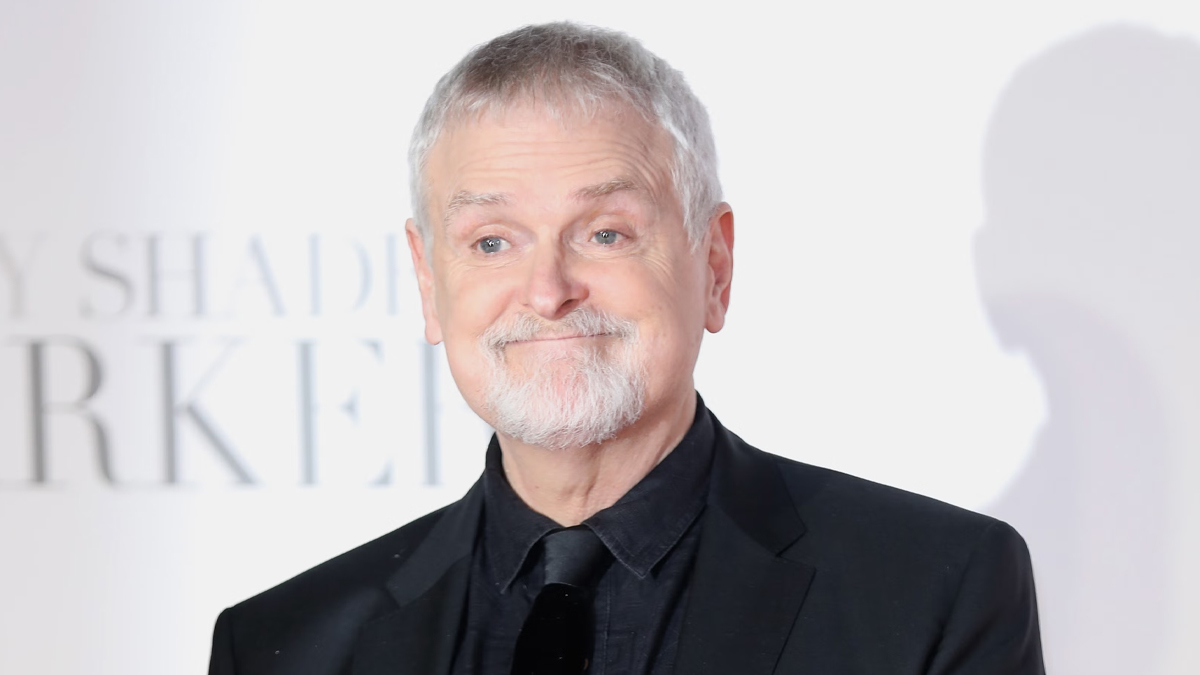
James Foley, the acclaimed director behind the sequels to ‘Fifty Shades of Grey’ and the classic ‘Glengarry Glen Ross,’ has died at the age of 71. Foley passed away peacefully in his sleep at his Los Angeles home after a long battle with brain cancer. He had been fighting the disease for over a year, according to his representatives. His passing marks the end of a remarkable career in film and television, where he worked with some of Hollywood’s biggest stars and brought powerful stories to the screen.
Table of Content:-
Remembering James Foley’s Legacy![director James Foley fifty shades 1 - 2025-05-09T105721.142]()
Born in Brooklyn, New York, in 1953, James Foley began his directing career with ‘Reckless’ in 1984. He quickly gained recognition for his strong visual style and ability to tell emotional stories. His film ‘At Close Range’ (1986) starred Sean Penn and Christopher Walken and received critical acclaim. Foley’s adaptation of ‘Glengarry Glen Ross’ (1992) featured a star-studded cast and is still praised for its intensity and performances.
Foley was also known for directing ‘Fear’ and the final two films in the 'Fifty Shades' series: ‘Fifty Shades Darker’ and 'Fifty Shades Freed'. In television, he directed episodes for popular shows like 'House of Cards,' 'Billions,' and 'Twin Peaks.' Foley even collaborated with Madonna, directing music videos for hits like 'Papa Don’t Preach' and 'Live to Tell'. He is remembered for his creativity, versatility, and the lasting impact he made on film, TV, and music.
What Is Brain Cancer?![brain cancer 2 - 2025-05-09T105722.751]()
Brain Cancer is a disease where abnormal cells grow in the brain, forming a tumor. These tumors can be cancerous (malignant) or noncancerous (benign). Malignant brain tumors grow quickly and can spread to other parts of the brain or spine. Symptoms depend on the tumor’s size and location but may include headaches, seizures, memory problems, changes in personality, weakness, and loss of balance.
Treatment for brain cancer often includes surgery, radiation therapy, chemotherapy, or a combination of these methods. Surgery aims to remove as much of the tumor as possible. When complete removal isn’t possible, doctors use radiation or chemotherapy to shrink or control the tumor.
A study published in the Journal of Neuro-Oncology highlights that survival rates for brain cancer depend on the tumor’s type and how early it is found. For aggressive brain cancers like glioblastoma, the average survival is about 12–18 months after diagnosis, even with treatment. However, advances in surgery, radiation, and targeted therapies have helped some patients live longer and with better quality of life. Early diagnosis and a personalized treatment plan are key to improving outcomes.
The Importance of Support and Palliative Care
Brain cancer can be physically and emotionally challenging. Many patients need support from family, friends, and healthcare professionals. Palliative care is often part of the treatment plan. It focuses on relieving symptoms, managing pain, and improving quality of life, even when a cure is not possible.
ALSO READ: ‘The Last Of Us’ star Bella Ramsey Shares How Therapy Helped Them Overcome Emetophobia
Conclusion
James Foley’s death is a great loss to the film and television world. His courage during his battle with brain cancer and his dedication to his craft will be remembered by fans and colleagues alike. Foley’s work continues to inspire, and his story brings attention to the challenges faced by those living with brain cancer.
Also watch this video
How we keep this article up to date:
We work with experts and keep a close eye on the latest in health and wellness. Whenever there is a new research or helpful information, we update our articles with accurate and useful advice.
Current Version

